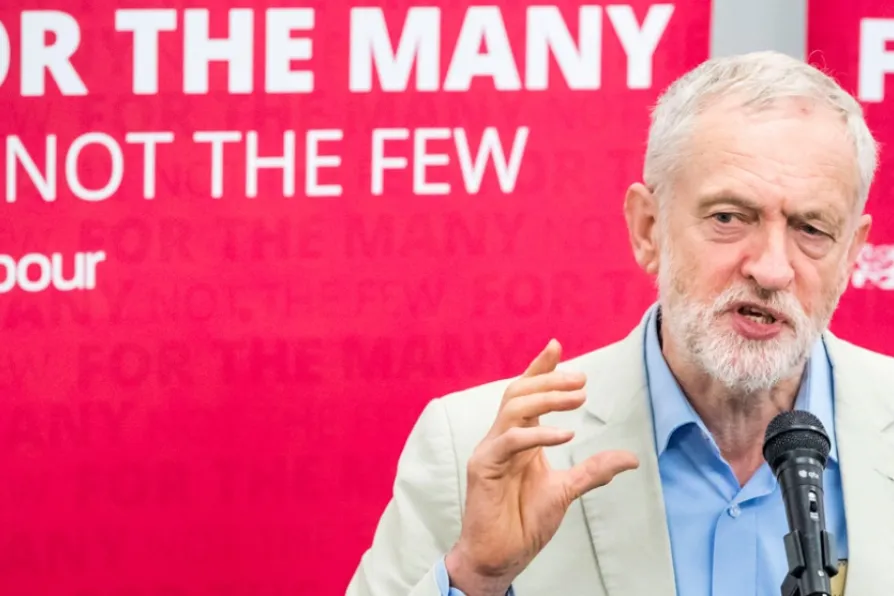Israel’s recognition of Somaliland has little to do with self-determination and far more to do with strategy, offering Israel a potential military foothold near Yemen, says JE ROSENBERG

 THE FUTURE AND THE PAST: Labout leader Jeremy Corbyn and (below) the European Parliament in Starsbourg, France
THE FUTURE AND THE PAST: Labout leader Jeremy Corbyn and (below) the European Parliament in Starsbourg, France
The Times newspaper has reported that EU officials are seeking to negotiate new clauses into the leaving arrangements with punishing future penalties.
These have been designed to try to strangle a Labour government mandated by the manifesto For the Many Not the Few.
They want to hard-wire permanently into any post Brexit EU/Britain relations the privatisation and free market economy central to their project.

US tariffs have had Von der Leyen bowing in submission, while comments from the former European Central Bank leader call for more European political integration and less individual state sovereignty. All this adds up to more pain and austerity ahead, argues NICK WRIGHT

Starmer sabotaged Labour with his second referendum campaign, mobilising a liberal backlash that sincerely felt progressive ideals were at stake — but the EU was then and is now an entity Britain should have nothing to do with, explains NICK WRIGHT

DOUG NICHOLLS argues that to promote the aspirations for peace and socialism that defeated the Nazis 80 years ago we must today detach ourselves from the United States and assert the importance of national self-determination and peaceful coexistence












